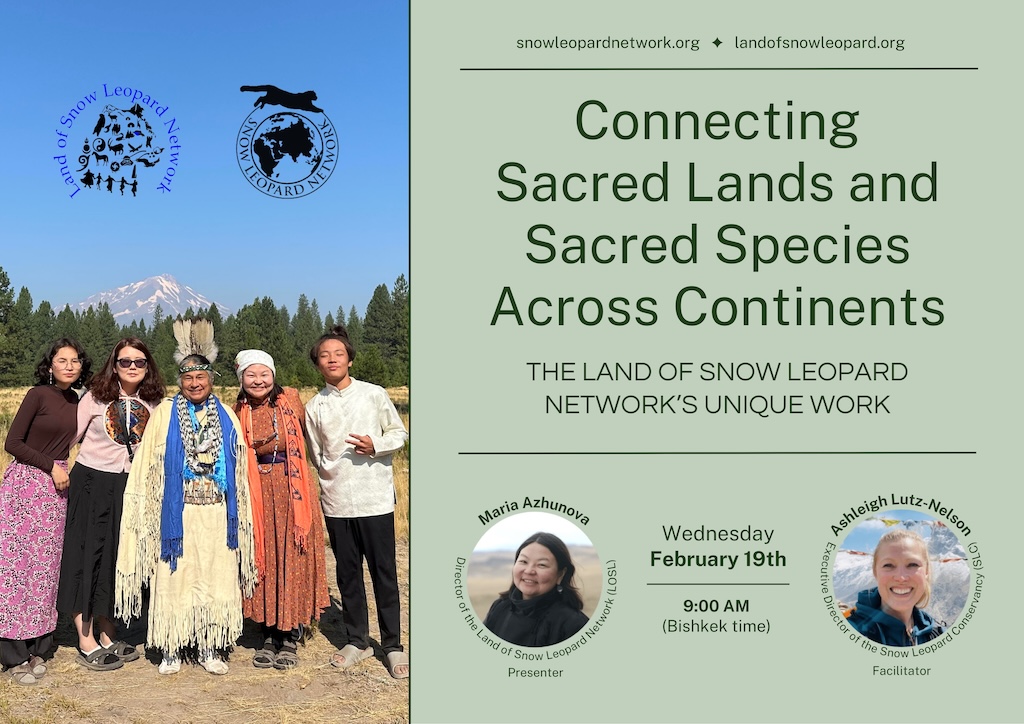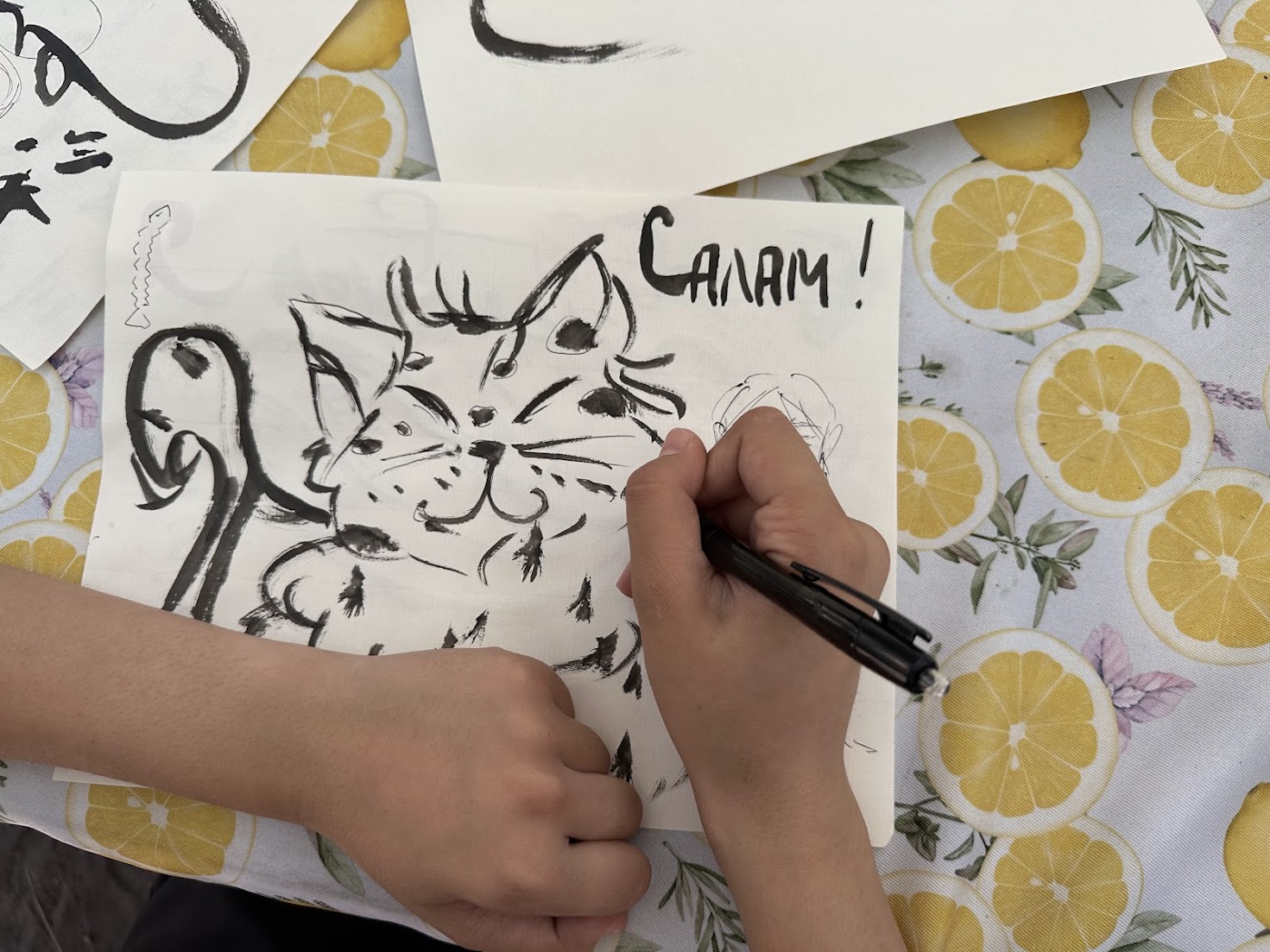SLN invites you to join us for our second webinar of 2025.
About the Presentation:
Snow leopards are more than just special animals to protect—they are sacred relatives to many Indigenous communities across Inner and Central Asia. The Land of Snow Leopard Network (LOSL), founded in 2013, works to empower Indigenous Peoples to protect snow leopards and their ecosystems while preserving cultural traditions. Snow leopards are seen as guardians of sacred mountains, sources of wisdom, and a powerful unifying force in ancient traditions. LOSL unites Indigenous communities, local groups, and Western conservation scientists across Tajikistan, Kyrgyzstan, Mongolia, and the Russian Federation, making sure that snow leopard conservation is driven by both ecological science and Traditional Indigenous (Ecological) Knowledge.
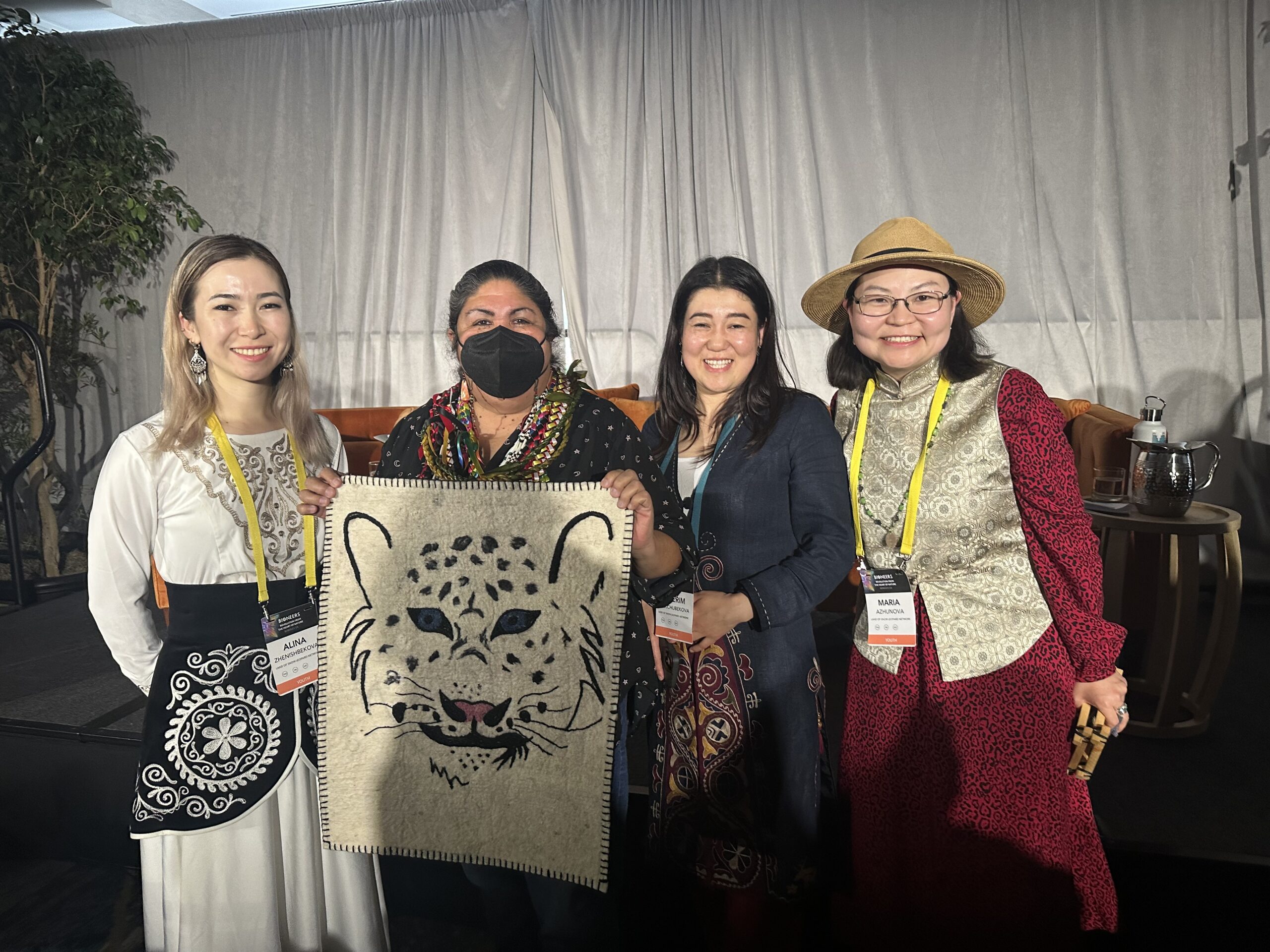 Our work is deeply spiritual and holistic, recognizing the interconnectedness of all animals, sacred lands, and sacred waters worldwide. By supporting Indigenous efforts in North America to protect sacred totemic animals like Chinook salmon, orca whales, and buffalo, we are also protecting snow leopards. All of these beings are connected, and their survival depends on the health of the Earth as a whole. Our cultural survival is inseparable from the survival of our sacred animals. That is why LOSL is deeply committed to raising the next generation of Indigenous conservation and cultural leaders.
Our work is deeply spiritual and holistic, recognizing the interconnectedness of all animals, sacred lands, and sacred waters worldwide. By supporting Indigenous efforts in North America to protect sacred totemic animals like Chinook salmon, orca whales, and buffalo, we are also protecting snow leopards. All of these beings are connected, and their survival depends on the health of the Earth as a whole. Our cultural survival is inseparable from the survival of our sacred animals. That is why LOSL is deeply committed to raising the next generation of Indigenous conservation and cultural leaders.
In this webinar, we are excited to share our groundbreaking collaborations with Indigenous communities in North America. In particular, we will highlight the participation of LOSL youth wing members in Run4Salmon, a powerful journey organized by the Winnemem Wintu tribe, a powerful example of how Indigenous youth across continents are coming together to protect sacred species and ecosystems. Through these efforts, we are building lasting connections, restoring balance, and keeping Traditional Indigenous Knowledge alive.
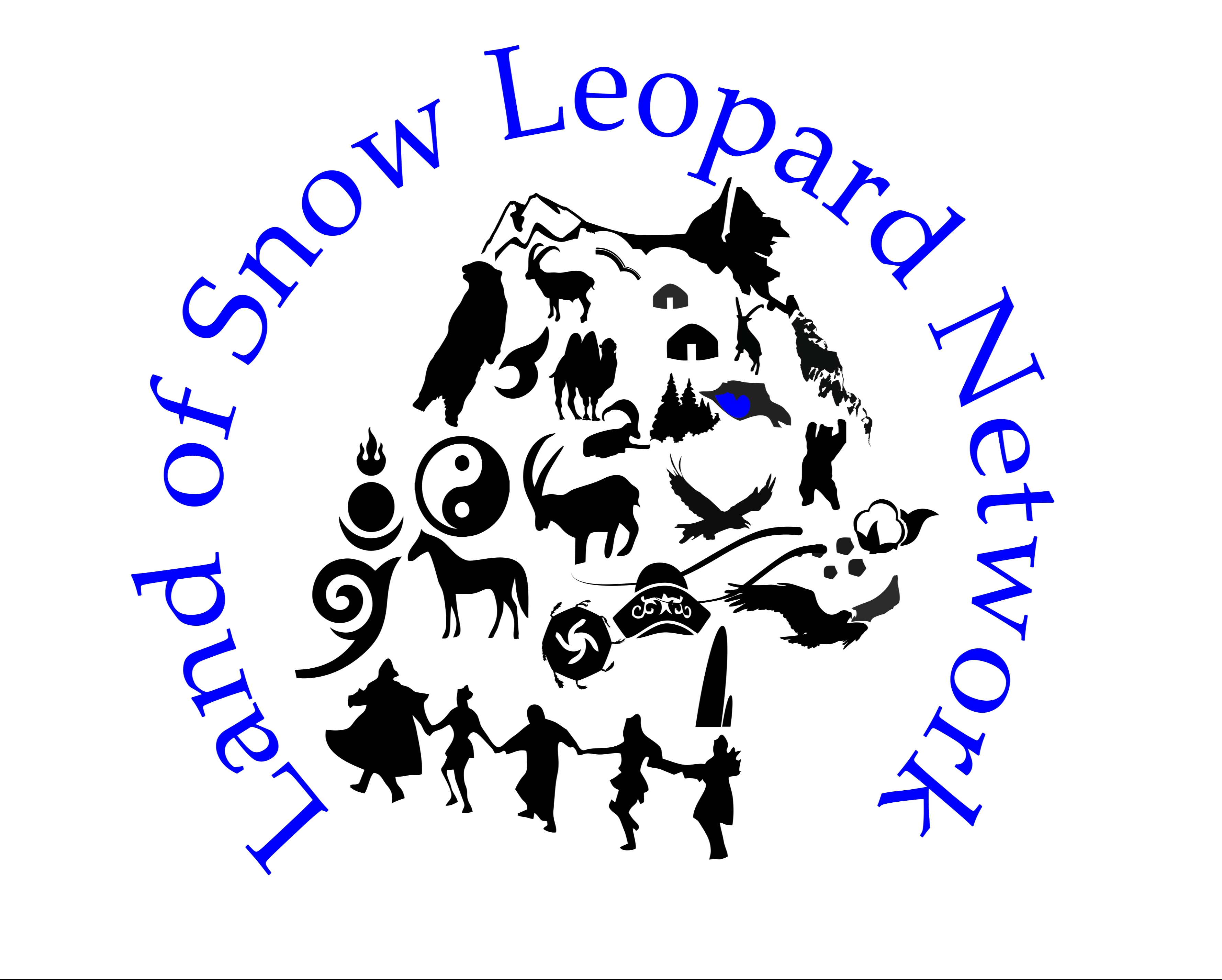 About our Speaker:
About our Speaker:
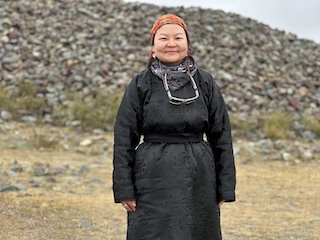 Amar mende! My name is Maria Azhunova. I come from Buryat-Mongol people, Ekhirit tribe on my father’s side, and Sagaan/Khongoodor on my mother’s; both tribes connect their origin to Lake Baikal, just north of the Russian-Mongolian border. Raised in a family of Indigenous and environmental activists, I understood early on that Indigenous Peoples’ traditional knowledge, values, spiritual and cultural practices are crucial for decelerating today’s unprecedented loss of biodiversity. I have long been helping Indigenous elders, shamans, Buddhist clergy, and community leaders in efforts to address the root causes of the current environmental crisis. I am devoted to our Indigenous ethics and determined to incorporate these ethical, cultural, and spiritual dimensions into conservation efforts. With this commitment and empowerment from my Elders, I was privileged to obtain education at Harvard and Cambridge Universities.
Amar mende! My name is Maria Azhunova. I come from Buryat-Mongol people, Ekhirit tribe on my father’s side, and Sagaan/Khongoodor on my mother’s; both tribes connect their origin to Lake Baikal, just north of the Russian-Mongolian border. Raised in a family of Indigenous and environmental activists, I understood early on that Indigenous Peoples’ traditional knowledge, values, spiritual and cultural practices are crucial for decelerating today’s unprecedented loss of biodiversity. I have long been helping Indigenous elders, shamans, Buddhist clergy, and community leaders in efforts to address the root causes of the current environmental crisis. I am devoted to our Indigenous ethics and determined to incorporate these ethical, cultural, and spiritual dimensions into conservation efforts. With this commitment and empowerment from my Elders, I was privileged to obtain education at Harvard and Cambridge Universities.
Being the Director of the Land of Snow Leopard Network (LOSL) has helped me appreciate the Snow Leopard both as a keystone species and as a totem animal with profound religious, cultural, and ecological significance. We view the threat to Snow Leopards as both a biological loss and a loss of ancient moral reference points. Therefore, we provide a unique approach to community-based snow leopard conservation blending Traditional Ecological Knowledge and Western conservation science. Our network is an inspiring example of a multinational collaboration working together in majestic mountain regions such as the Pamirs in Tajikistan, the Tien Shan in Kyrgyzstan, and the Altai and Sayan Ranges in Mongolia and the Russian Federation.
The work of LOSL is rooted in indigenous understanding of the sacredness, cultural and environmental significance of the snow leopard across Central and Inner Asia. Since we began our work with the communities of these mountain regions, there have been multiple success stories of human-wildlife coexistence and rural communities championing wildlife. Our hard work and devotion to the sacred Snow Leopards are recognized on the international level with the Disney Conservation Hero Award (2020) and Stanford Bright Award (2020).
About our Facilitator:
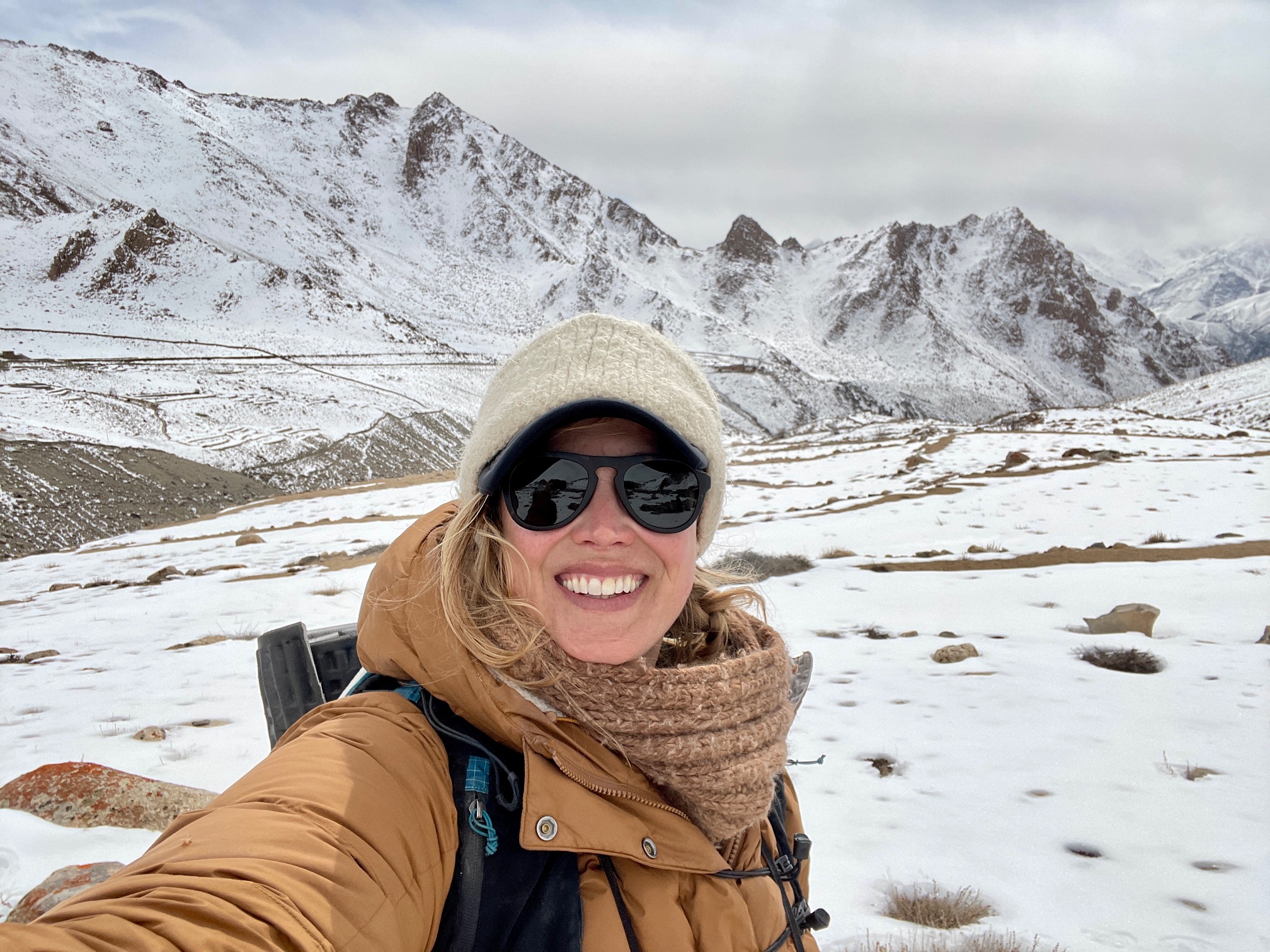 Ashleigh Lutz-Nelson is the Executive Director of the Snow Leopard Conservancy (SLC). Prior to joining SLC in 2020, Ashleigh worked as a Zoologist in AZA-Accredited Zoos in Florida and California for 20 years, specializing with wild carnivores, particularly felids. During this time, she worked closely with Malayan Conservation Alliance for Tigers, Pallas’s Cat International Conservation Alliance, Manul Working Group, and the Felid Taxon Advisory Group, serving as a ‘Wildlife Health Bridge’, between zoos & range country conservation organizations to build partnerships and collective impact. Ashleigh has a Bachelor’s degree in Zoology (Pre-Veterinary) from the University of Florida and a Master’s degree from Royal Veterinary College and Zoological Society of London in Wild Animal Biology. Using her interdisciplinary experience in Coexistence Anthrozoology, she builds collaborative partnerships to further compassionate human-wildlife coexistence in our rapidly changing world.
Ashleigh Lutz-Nelson is the Executive Director of the Snow Leopard Conservancy (SLC). Prior to joining SLC in 2020, Ashleigh worked as a Zoologist in AZA-Accredited Zoos in Florida and California for 20 years, specializing with wild carnivores, particularly felids. During this time, she worked closely with Malayan Conservation Alliance for Tigers, Pallas’s Cat International Conservation Alliance, Manul Working Group, and the Felid Taxon Advisory Group, serving as a ‘Wildlife Health Bridge’, between zoos & range country conservation organizations to build partnerships and collective impact. Ashleigh has a Bachelor’s degree in Zoology (Pre-Veterinary) from the University of Florida and a Master’s degree from Royal Veterinary College and Zoological Society of London in Wild Animal Biology. Using her interdisciplinary experience in Coexistence Anthrozoology, she builds collaborative partnerships to further compassionate human-wildlife coexistence in our rapidly changing world.
Date/Time:
Wednesday, 19th February at 9:00 AM (Bishkek time)
Location:
ZOOM, to join this talk, REGISTER HERE
Please note:
- If you have never used Zoom before, we recommend that you try the link 10 minutes before the start of the lecture.
- Please feel free to write questions in the comment area and there will be time for questions/discussion at the end of the talk.
- Please note that the session will be recorded and later featured on the SLN website. If you have concerns about this please let us know before the session

